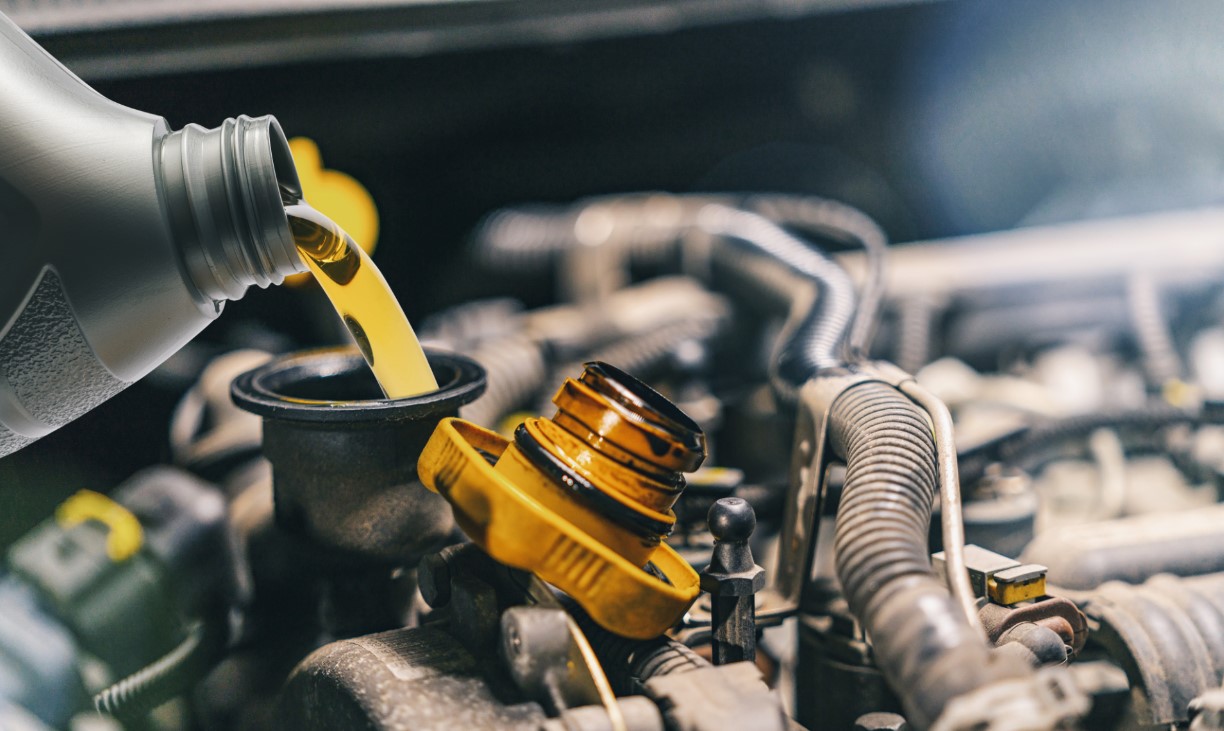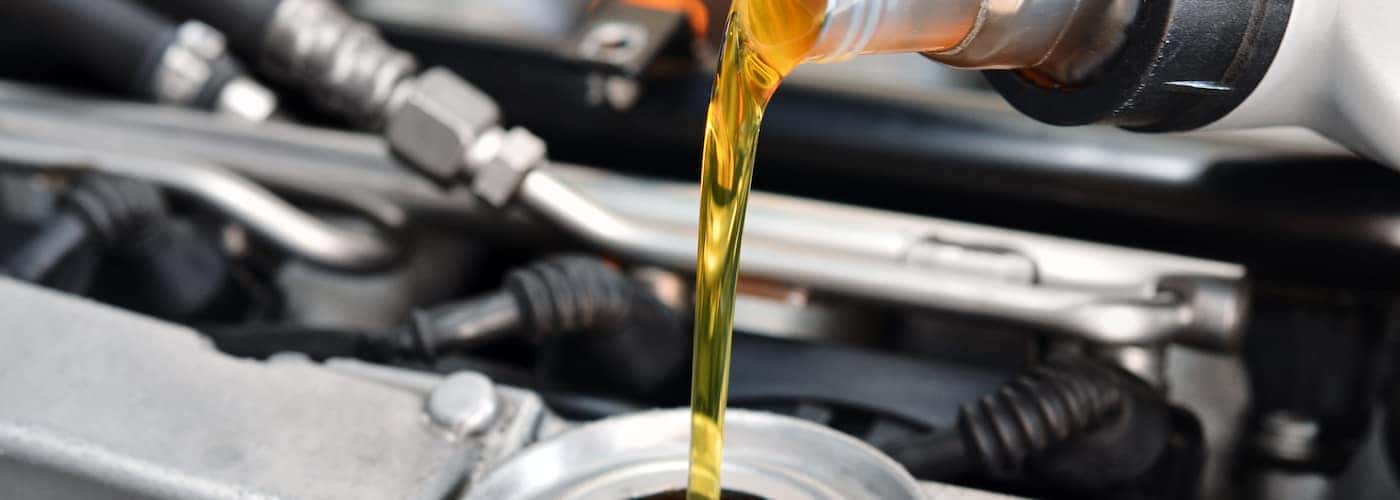Convenient Oil Change Lockhart options that fit your busy schedule.
Just How an Oil Adjustment Enhances Fuel Efficiency and Shields Your Automobile
Normal oil modifications are a crucial facet of vehicle upkeep that can considerably enhance fuel efficiency and secure engine honesty. By replacing old, contaminated oil with high-grade alternatives, rubbing among engine components is lessened, bring about improved functional performance and fuel usage. This practice helps get rid of dangerous deposits that contribute to engine wear over time. Understanding the intricate connection between oil high quality and automobile efficiency reveals not just the instant advantages yet additionally the lasting implications for your vehicle's life-span. The inquiry remains: what certain indications should you know to determine when an oil change is essential?
Importance of Routine Oil Changes
Regular oil changes are crucial for maintaining the durability and performance of any kind of automobile. Engine oil works as an essential lube, lowering rubbing between relocating components and preventing excessive wear. In time, oil deteriorates because of exposure to heat, moisture, and contaminants, which jeopardizes its ability to shield the engine. Disregarding oil modifications can bring about a host of issues, including engine overheating, decreased fuel effectiveness, and ultimately, expensive repairs.
In addition, normal oil adjustments contribute to optimal engine performance. Fresh oil ensures that the engine operates efficiently, permitting for far better velocity and responsiveness.
Just How Oil Top Quality Impacts Efficiency
How does oil top quality influence the total efficiency of an engine? The quality of engine oil plays an essential role in keeping optimal engine feature.
Additionally, quality oil has ingredients that improve its efficiency under varying problems. These additives can include cleaning agents, which assist to clean engine parts and stop sludge buildup, and anti-wear representatives, which protect vital surfaces throughout high-stress situations. The thickness of the oil is likewise essential; it has to remain steady across a series of temperatures to make certain appropriate circulation and lubrication.
Utilizing below average or abject oil can lead to decreased performance, resulting in enhanced engine wear and prospective getting too hot. Routinely inspecting and altering the oil according to supplier requirements guarantees that the engine operates at its best, safeguarding your investment in your car.

Effect On Gas Performance
Fuel effectiveness is considerably influenced by the top quality of engine oil used in a car. Top notch engine oil promotes smoother engine operation by lowering friction between relocating components. This decrease in friction is important, as it enables the engine to run extra effectively, inevitably leading to enhanced gas consumption. When the engine oil is fresh and of superior quality, it preserves ideal thickness, ensuring that the oil flows correctly and reaches all required elements.
Alternatively, weakened or low-grade oil can develop raised rubbing and resistance within the engine. This not only obstructs performance yet additionally compels the engine to function harder, causing greater fuel intake. Normal oil adjustments assist maintain the oil's integrity, ensuring that it remains reliable in oiling engine parts and avoiding build-up of hazardous down payments.

Avoiding Engine Damage
Maintaining optimal engine efficiency is mainly based on stopping deterioration, which can substantially extend the lifespan of the vehicle. Regular oil changes play an essential function in this precautionary maintenance strategy. Engine oil works as a lubricating substance, minimizing friction in between moving components, which assists to minimize wear. With time, oil why not try here can come to be polluted with dust, particles, and metal fragments, reducing its performance.
When oil is not changed consistently, it can cause increased friction, getting too hot, and ultimately, engine failing. Fresh oil, on the other hand, consists of additives that secure engine parts from rust and wear, why not try this out making certain smoother operation.
In addition to the quality of oil, following the supplier's recommended oil change intervals is important. By prioritizing routine oil adjustments, automobile owners can dramatically reduce the risk of engine wear, enhance why not try here efficiency, and ultimately conserve on pricey fixings, hence preserving the lorry's worth over time.
Indicators Your Oil Needs Changing
Normal oil adjustments are not just crucial for stopping engine wear but likewise for acknowledging when your oil needs replacement. Several indicators indicate that it might be time for an oil modification, and being watchful regarding these can help keep your car's performance.

Among the most common indications is the oil modification light on your dashboard. Oil Change Lockhart. If this light illuminates, it is a punctual to examine your oil degrees and think about a change. Furthermore, if you discover a dark, gritty appearance when examining the oil on the dipstick, it suggests that the oil has actually ended up being polluted and is much less efficient in lubricating the engine parts
Unusual engine sounds, such as knocking or ticking, might additionally indicate that the oil is failing to execute its tasks, possibly resulting in serious engine damage. If you find a burning oil odor or see oil places under your car, these can suggest leakages or too much usage, demanding an instant oil change.

Final Thought
Finally, normal oil modifications are vital for preserving optimal vehicle efficiency and improving fuel efficiency. Making use of top quality, fresh oil minimizes friction amongst engine elements, reducing power loss and promoting smoother operation. Additionally, timely oil modifications avoid the accumulation of harmful impurities that add to engine wear and overheating. Complying with manufacturer-recommended intervals not just prolongs the life expectancy of the automobile yet additionally preserves its total worth, underscoring the relevance of regular maintenance.